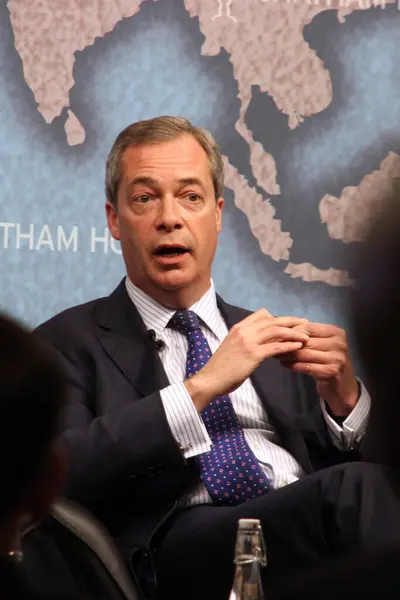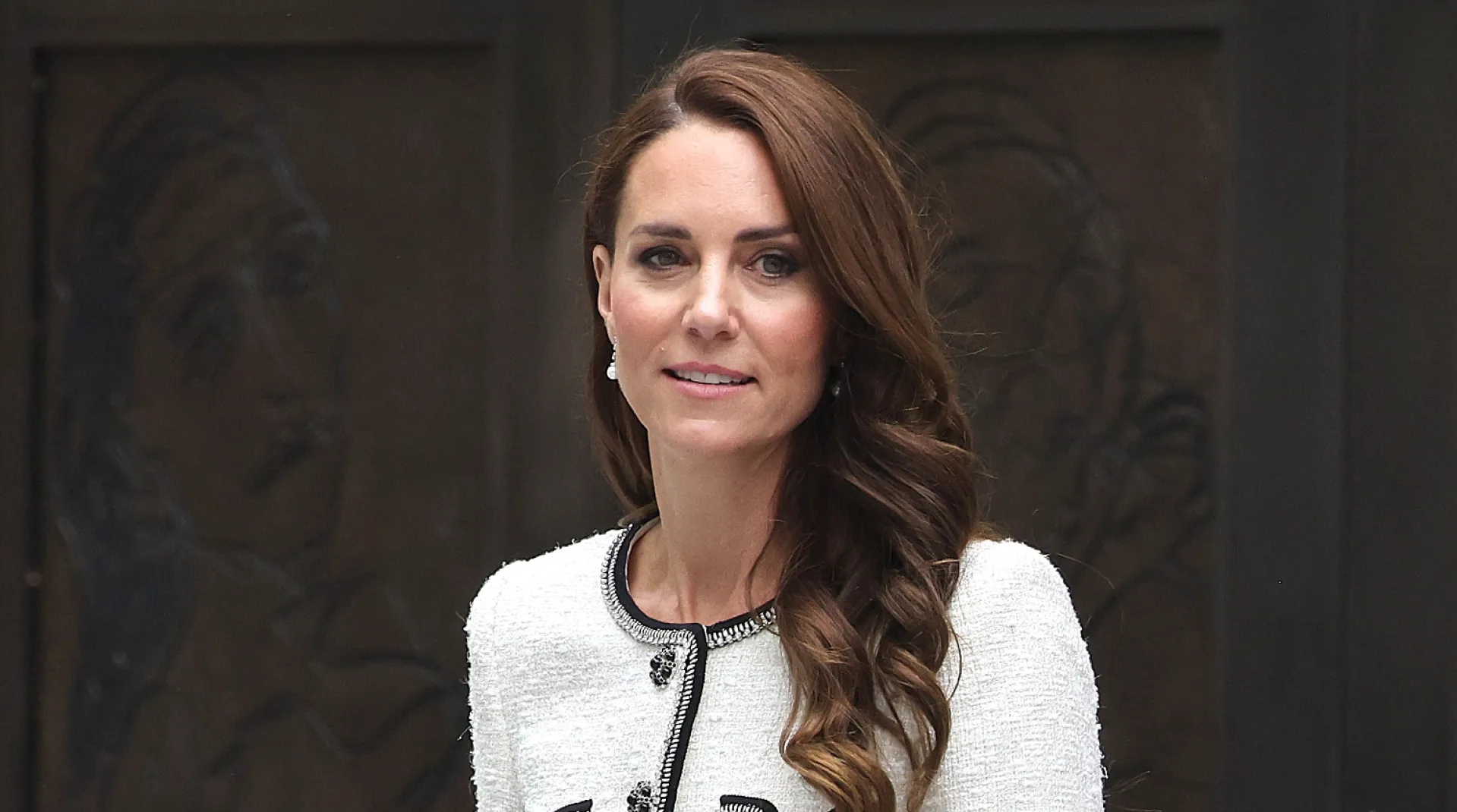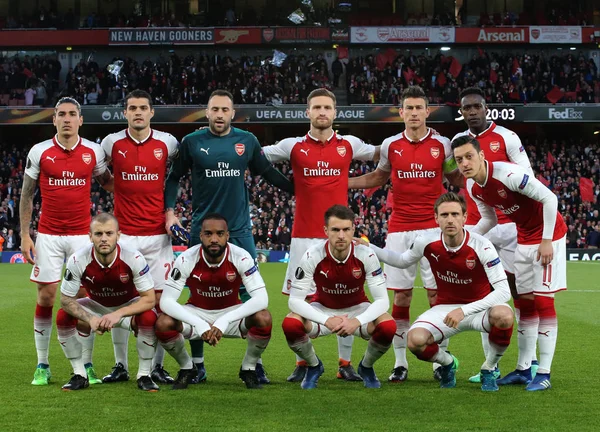Reform UK’s Narrow Win Signals Major Shift in British Politics

Reform UK, the right-wing party led by Nigel Farage, made headlines after securing a parliamentary seat by the slimmest of margins, marking a potential turning point in its bid to reshape the political landscape. Sarah Pochin, representing Reform, claimed victory in Runcorn and Helsby in northwest England, winning by only six votes following a recount. Her narrow win over Labour’s Karen Shore adds momentum to Reform’s ambitions.
This constituency, once securely held by Labour, shifted dramatically after its MP, Mike Amesbury, resigned in disgrace. Amesbury, who had retained the seat comfortably in the previous general election, was forced out after being convicted of assaulting a constituent while intoxicated—leaving the door open for a surprise upset.
Despite the razor-thin result, Farage called it a landmark moment in UK politics. He emphasized that such a win, while small in numbers, is symbolically significant and shows that Reform is gaining serious ground. The party views its performance in Thursday’s local elections as a broader signal of public dissatisfaction with the political establishment.
These elections came just 10 months after Prime Minister Keir Starmer’s Labour government achieved a resounding national victory. Voters across England returned to the polls to express their midterm sentiments, with both Labour and the Conservative Party bracing for setbacks. Reform UK’s rise is a disruption that neither party had hoped to see.
With the Runcorn win, Reform now holds five out of 650 seats in the House of Commons, after garnering about 14% of the vote in the last national election. Polling data suggests its support may now be on par with, or even exceeding, that of Labour and the Tories. Farage has made it clear that his party aims to supplant the Conservatives as the dominant force on the political right before the next general election, expected by 2029.
Adding to its momentum, Reform appeared poised to secure the newly established mayoralty in Greater Lincolnshire, while Labour managed to maintain control in three other mayoral races. As vote counting continued, Reform expressed hope of capturing hundreds of municipal seats, out of the 1,600 up for grabs across 23 local councils.
The Conservatives, who previously held most of these council seats, face a potential crisis. Their current leader, Kemi Badenoch, may confront internal unrest if the party suffers heavy losses. She admitted the outlook was grim, noting the contrast to 2021 when the Conservatives enjoyed high approval due to the success of the Covid-19 vaccination campaign under then-Prime Minister Boris Johnson.
According to political analyst Tim Bale of Queen Mary University of London, the current rivalry between the Conservatives and Reform represents a deeper ideological battle. Farage’s populist push is not only drawing from Tory ranks but also appealing to working-class voters traditionally aligned with Labour, using promises to reduce immigration, boost employment, and eliminate government inefficiency. Meanwhile, the centrist Liberal Democrats aim to expand their base among wealthy, socially liberal voters disenchanted with the Conservative decline.
What's Your Reaction?















:format(webp)/cdn.vox-cdn.com/uploads/chorus_image/image/70136881/1347078605.0.jpg)





